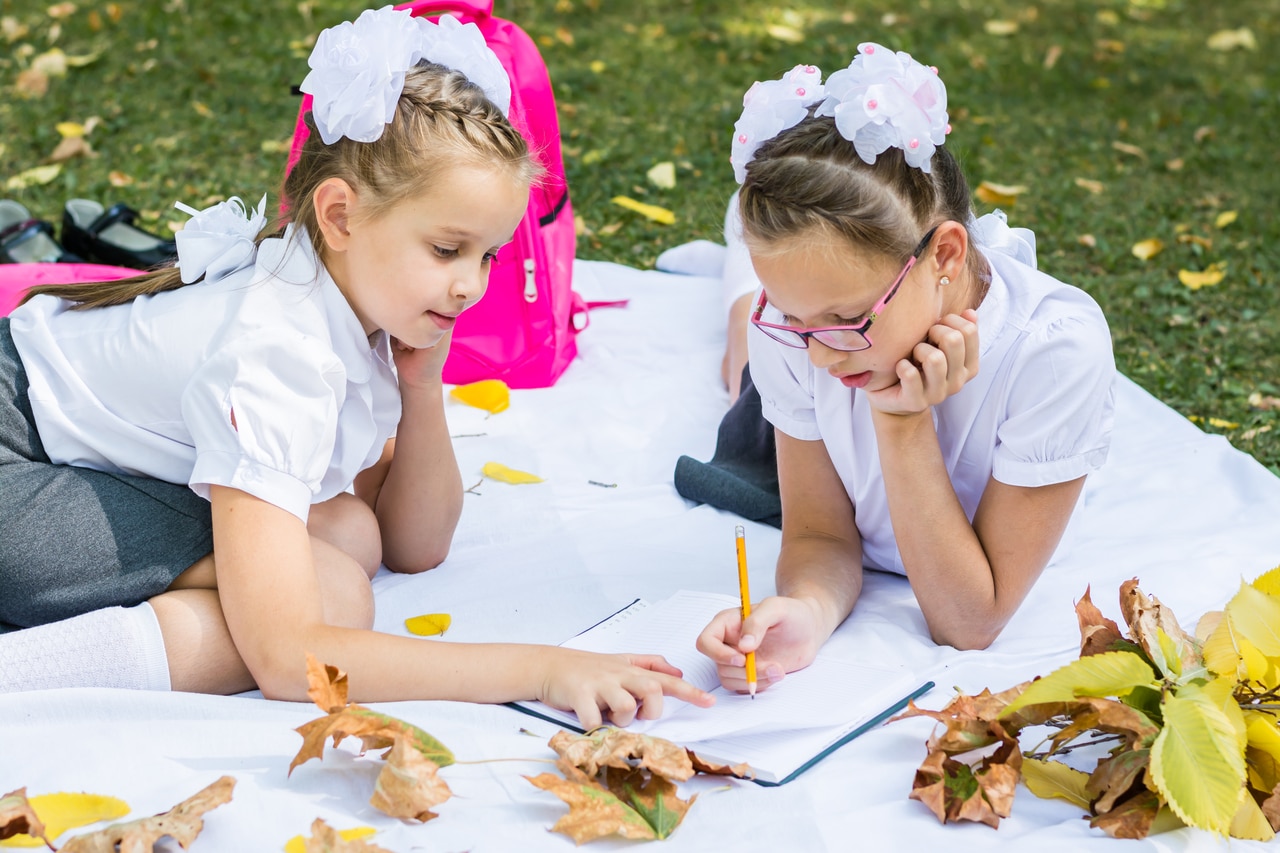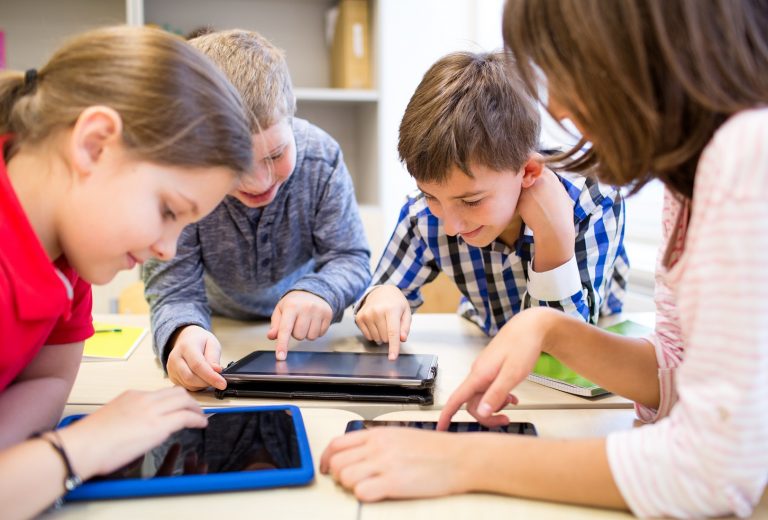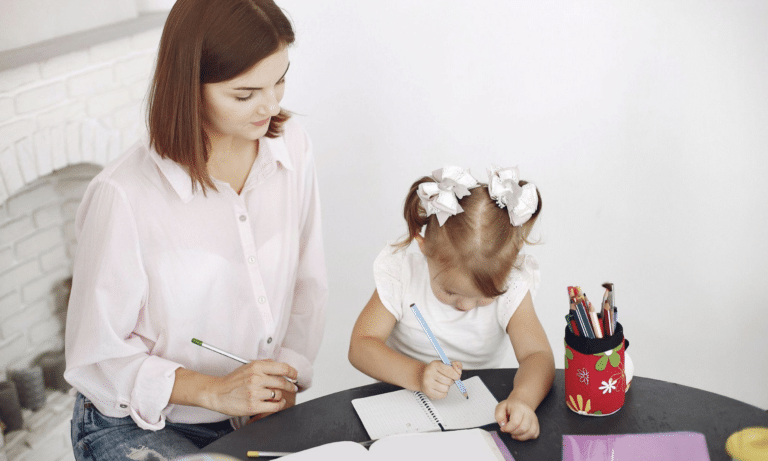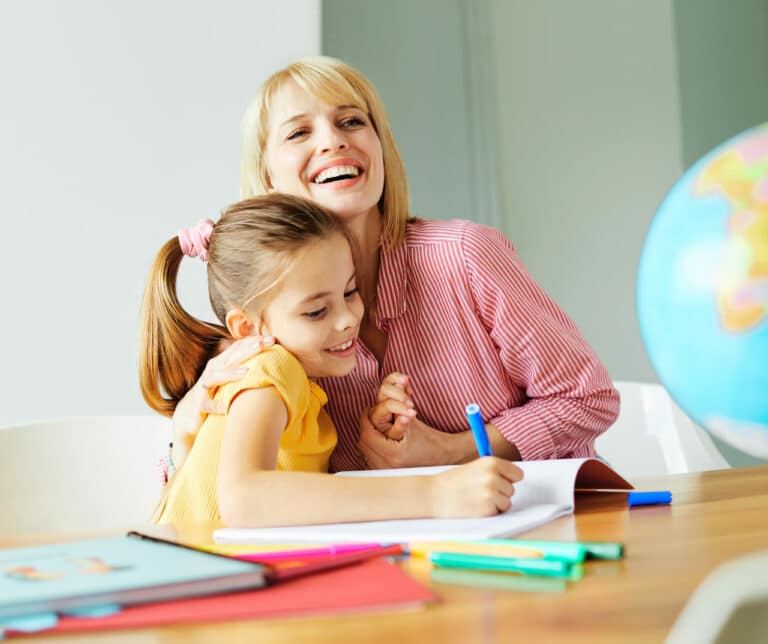It’s not called the ‘great outdoors’ for nothing.
Being outside is great for many different reasons and Mother Nature works her magic in infinite ways.
Medical professionals agree there are many health benefits to being outdoors in terms of our physical, mental and emotional wellbeing and outdoor play has long been advocated as a necessity for healthy growth and development in young people.
That’s where outdoor education fits in as a valuable and vital platform for young children to learn about the world, learn about others and learn about themselves.
What is outdoor education?
There are many definitions of outdoor education, but it is essentially a means of extending and enriching learning through outdoor experiences.
This article talks about the top four benefits of outdoor education in early childhood and explains how and why fresh air activities are crucial for the healthy development of little ones’ minds and bodies.
The top four benefits of outdoor education in early childhood are:
- Promotes mental health
- Increases physical health
- Provides opportunities for imaginative play and creative thinking
- Offers unique ways of learning
Let’s talk about each of these in more detail.
Outdoor education promotes positive mental health
Whether they’re jumping through crunchy fallen leaves, making shapes in wet sand with a stick, observing a spider weaving a web, climbing a tree, pulling apart a flower or simply sitting quietly on the grass, when young children are out and about in nature, it can benefit their mental health in a myriad of ways.
They can be themselves in the outdoors. It’s a tactile yet soothing environment and it’s where a young child can simply be.
Also, being outdoors in sunlight helps bodies release serotonin which has been called the ‘happy hormone’ as it helps regulate mood and emotion. Time spent playing outdoors can also help relieve stress and anxiety by reducing cortisol levels in the brain.
Let’s think about a child climbing a tree. This may help them overcome a fear of heights or feelings of insecurity about their physical abilities. They learn to manage physical risk and the achievement will be enormously empowering and will boost their self-esteem and their confidence.
Playing outside can also teach young children about resilience as they learn to handle things that may cause them some discomfort (getting wet, muddy, minor scratches etc).
Outdoor education boosts physical health
The value to young people of getting active outdoors, moving their bodies and connecting to nature, is massive.
Physical movement is crucial for the healthy development of little bodies, and it has lifetime benefits too. The great outdoors is the perfect environment for young children to practice gross motor movement like running, hopping, swinging, somersaulting and cartwheeling and it’s great for cardio exercise too.
Outdoor education provides opportunities for imaginative play and creative thinking
Imagine a childhood which didn’t involve making dens in the garden or the forest and fashioning guns or swords from sticks? Imagine if you didn’t look up to the sky and find shapes and faces in the clouds. Imagine never building an elaborate construction of leaves, stones, sticks, bark and flowers for your imaginary family or animals? Imagine not playing games of hide and seek or tag among the trees?
Nature offers up a treasure trove of materials for imaginative play– and the opportunities for learning and discovery are endless. There’s always something new to see and do and children will use their natural sense of curiosity and creativity to make their own fun and explore the world around them.
Outdoor education offers unique ways of learning
Indoor and outdoor education aren’t two separate things. In fact, they complement one another and when children apply learnings or concepts to the outside world, they’re likely to retain that knowledge. The shape of a stone. The number of leaves on a twig. Maths, literacy, basic biology, science … there are so many ways that nature can instruct and kids can learn.
Let’s consider the example of plants needing water for survival. A child may have helped to water an indoor pot plant, but imagine the learning opportunity when it rains and they go outside and see the wet ground and the drops of water on the leaves. Nature offers a unique way for a child to learn about plant life cycles, clouds, precipitation, fluctuations in temperature, seasonal changes etc.
Nature is also the very best teacher when it comes to environmental awareness and sustainability, and by getting kids outdoors, we’re giving them the best chance to learn about the need to care for the planet.
Some final thoughts on the benefits of outdoor education in early childhood
The benefits of outdoor education for early childhood are huge and even if it seems that the child’s play is unstructured and they’re ‘just having fun’, you may be surprised at what they’re actually learning.
From numeracy, language, communication, problem-solving, negotiation, collaboration and social skills to fine and gross motor skills, the great outdoors helps little people with a whole range of things that are necessary for the development of strong and healthy bodies and minds.
Author Bio
Simone O’Brien owns Treasured Tots Early Education which operates four highly successful childcare centres in Perth, Western Australia. She has been in the childcare industry for 14 years and has established Treasured Tots as the benchmark for quality childcare in Perth. Simone qualified with a Diploma in Children’s Services and worked in childcare for a couple of years before recognising a dire need for childcare that offered families a loving, nurturing, supportive and warm ‘home away from home’. This prompted her to open her first childcare centre in Perth in 2011 at only 22 years of age.
Treasured Tots now has four childcare centres in Mandurah, Bibra Lake, Piara Waters and Fremantle. Simone is an active member of the Australian Child Care Alliance (ACA), a not-for-profit, member-funded organisation which advocates for the future of Australia’s children.








![Home Renovation Guide [2025]](/app/uploads/2021/04/design-hacks-1-378x300.jpg)


